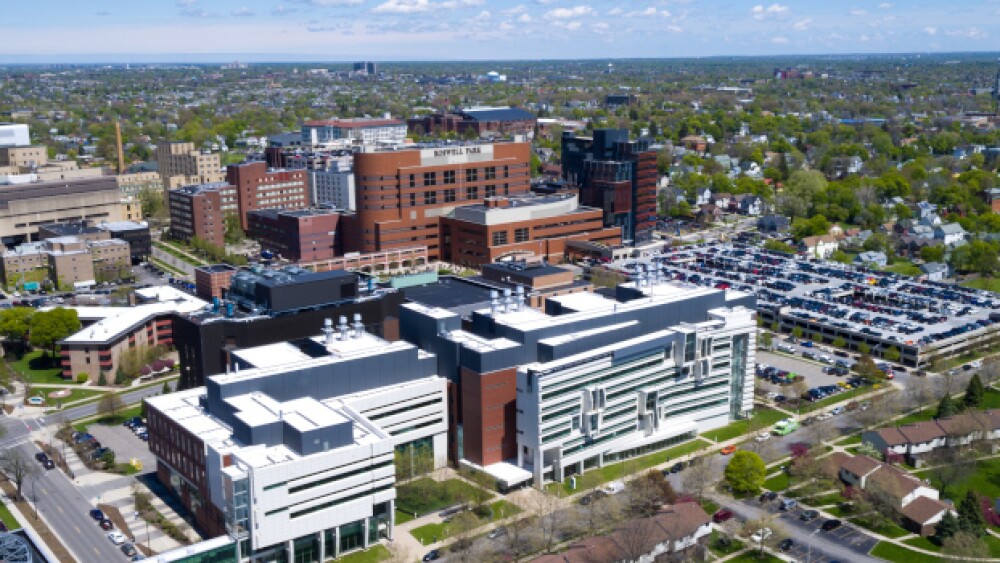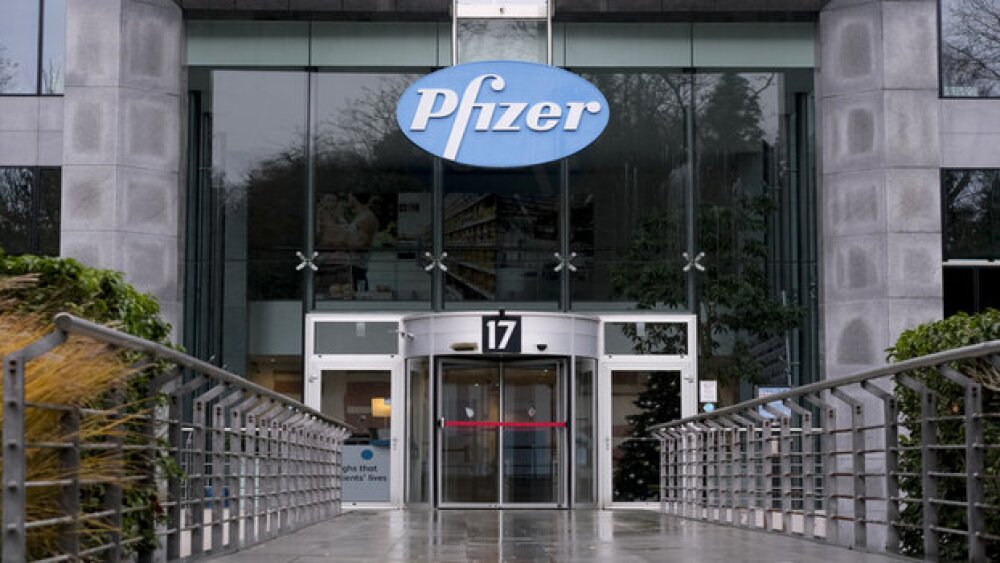Research funded by The ALS Association’s Lawrence and Isabel Barnett Drug Development Program recently uncovered a new way to slow muscle paralysis in mice with ALS, findings that could point to new approaches to therapy for people with ALS.
|
WASHINGTON, Feb. 20, 2018 /PRNewswire-USNewswire/ -- Research funded by The ALS Association's Lawrence and Isabel Barnett Drug Development Program recently uncovered a new way to slow muscle paralysis in mice with ALS, findings that could point to new approaches to therapy for people with ALS. The research team, led by Steven Burden, Ph.D., professor at the Skirball Institute of Biomolecular Medicine in the Department of Neuroscience and Physiology at New York University School of Medicine in New York City, together with colleagues at Columbia University Medical School in New York City, tested the effects of a stimulatory antibody to increase the activity of MuSK, a protein that is critical to preserving connections between motor nerves and muscle. Signaling pathways between muscle and motor neurons play an important role in keeping neuromuscular synapses intact and maintaining muscle health. Loss of neuromuscular synapses happens prior to motor neuron loss and is also the primary cause of muscle paralysis. Because MuSK is important to keep nerve and muscle attached, researchers explored whether they could preserve neuromuscular function and improve the health and lifespan of mice with ALS by increasing MuSK activity. Injecting the MuSK-stimulatory antibody, produced by Genentech, Inc., in ALS (SOD1 G93A) mice decreased detachment of motor endings from muscles, improved function of the diaphragm muscle, reduced the loss of spinal motor neurons, and modestly extended survival. "The therapeutic strategy described here targets a disease mechanism, namely the loss of neuromuscular synapses, which is common to familial and sporadic forms of ALS and is based on a therapeutic antibody format with considerable clinical precedence," said Dr. Burden. "Although the MuSK agonist antibody cannot override the many pathological pathways that occur in motor neurons and in non-neuronal cells, therapeutic interventions that preserve neuromuscular synapses have the potential to improve the quality of life for a majority of ALS patients." "The ALS Association is excited about the promising data from this study and grateful to the Greater Philadelphia Chapter for their generous support of this drug development contract," stated Lucie Bruijn, Ph.D., MBA, chief scientist at The ALS Association. "This study is part of the Lawrence and Isabel Barnett Drug Development Program, which is focused on building partnerships with academia and industry to bring new treatments to people living with ALS." Click here to read full research article. About ALS About The ALS Association
View original content with multimedia:http://www.prnewswire.com/news-releases/researchers-demonstrate-therapeutic-antibodies-stabilize-nerve-muscle-synapses-in-a-mouse-model-of-als-300601371.html SOURCE The ALS Association |




